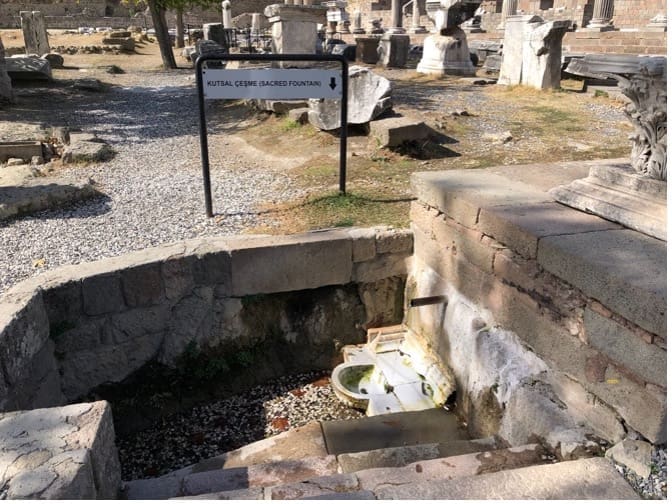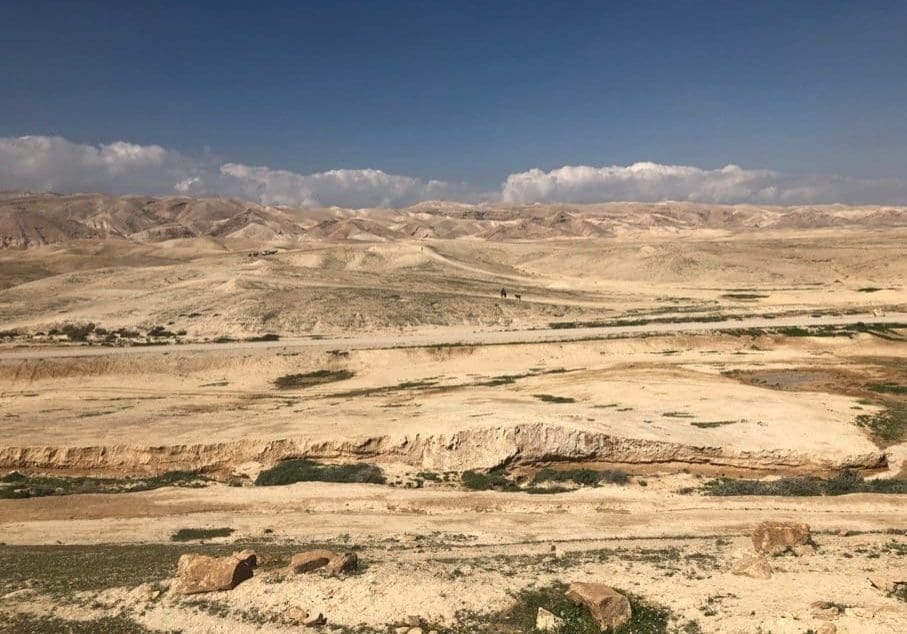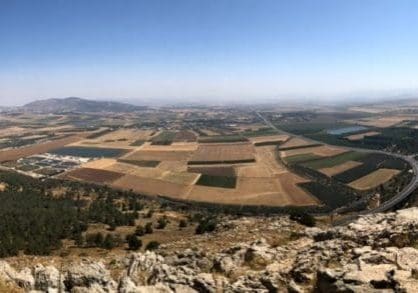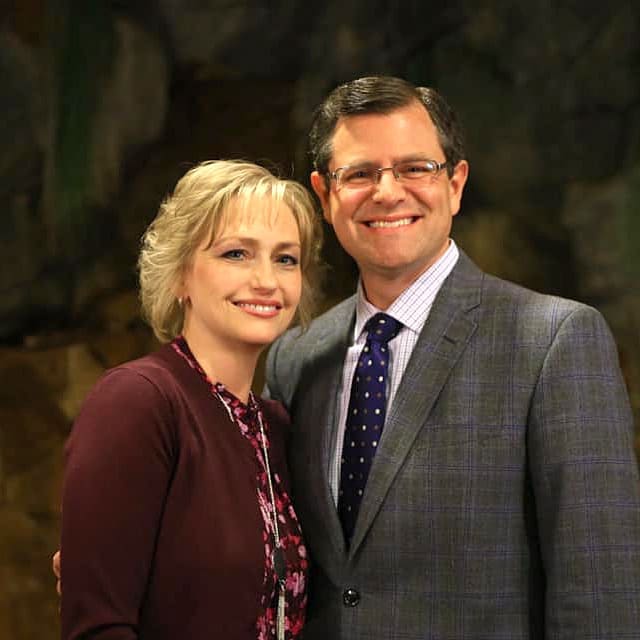
In I Samuel 26, we find a puzzling account from the life of David. He recruited Joab’s brother Abishai to go with him on a high-risk night raid into the very center of Saul’s camp.
“And David arose, and came to the place where Saul had pitched: and David beheld the place where Saul lay, and Abner the son of Ner, the captain of his host: and Saul lay in the trench, and the people pitched round about him. Then answered David and said to Ahimelech the Hittite, and to Abishai the son of Zeruiah, brother to Joab, saying, Who will go down with me to Saul to the camp? And Abishai said, I will go down with thee. So David and Abishai came to the people by night: and, behold, Saul lay sleeping within the trench, and his spear stuck in the ground at his bolster: but Abner and the people lay round about him.”
The next moment David prevented Abishai from harming King Saul. The following verses tell us that David instructed his companion to take the king’s spear and water cruse, then they left. A short time later David woke the king’s camp by shouting taunts at the soldiers who guarded him, and entreaties to King Saul.
Why? The thing is, no immediately obvious reason for this action is given in Scripture. For comparison, Gideon made a similar nighttime incursion into the enemy camp, but that was on God’s orders for Gideon to hear a certain prophecy from a Midianite. The reader is left both impressed by David’s audacity and confused as to his motives. Could it be that the purpose of the raid was to swipe Saul’s spear and water cruse? Again we ask, why? An oddity in the narrative is the fact that David apparently never returned the water cruse to Saul. He specifically mentioned that he took it as he shouted his taunts across the valley at Abner, but he seems to have kept it, even as he immediately made arrangements to return Saul’s spear.
I want to argue that David’s confiscation of the king’s water cruse was a last ditch act of love as Saul spiraled further and further down into paganism. If we look to archeology, and the Hebrew language, they shed light on this enigmatic passage, specifically the cruse of water.
Contrary to common belief, the cruse of water was not a regular canteen of drinking water. One clue to this is that Saul had it beside him on his pillow, which is a strange place to keep a canteen. The cruse referenced here is a frequent archeological find in sites across the Middle East and the Mediterranean world. It is an article of pagan belief known as a pilgrim flask. (The Hebrew word used in our passage is צפחת which The Academy of the Hebrew Language defines as an archaic word for a pilgrim flask.)

Iron Age II pilgrim flask in the Rockefeller Museum, Jerusalem. From approximately the time of David or Solomon. Author’s photo.
Most pilgrim’s flasks were about the size of your hand and designed to contain a small amount of either water from a sacred spring or anointing oil. Many of them were crafted to be worn around the pilgrim’s neck like a pendant or bound to the arm as a type of amulet or protection, such as the one pictured above. The pilgrim would travel to a spring dedicated to a god or spirit, worshipfully bathe, and take a small amount of water with him in a pilgrim flask. Alternatively, they could go on a pilgrimage to obtain some perfumed oil from a temple or other sacred site for the same purpose. The wearer would be anointed with the water or oil upon their death, and the cruse would be buried with the deceased.

Roman-era sacred fountain in biblical Pergamos, Turkey. Author’s photo.
Needless to say, this practice was idolatrous, and against Scripture. Since the flask is described in our passage specifically as a cruse of water, we can deduce that Saul was carrying, and even sleeping with, a flask of holy water from some sacred spring or temple where he had gone as a supplicant to a false god. It seems then that David entered his pursuer’s camp at great personal risk to try to turn his king away from his increasingly pagan practices.
When Saul started awake at the sound of David’s distant shouting, his talisman was gone, as was his spear. It was taken by the very man that Saul had come to kill. The man he believed to be his enemy had stood for the second time a spear thrust away and had not harmed him. Saul was obsessed with the thought that David would take two things from him: his kingdom, and his life. Even though David twice demonstrated that he would not sin in this way, Saul remained unconvinced to the very end.
In our passage, David tried to show Saul that he meant him no ill, and did not covet his life nor his kingdom. However, he instead confiscated the very thing that was causing harm to the king. Despite this, Saul continued in his pagan practices. A short time after the events of I Samuel 26, the man whom God chose to be the first king over His people consulted with a witch on the sleepless night before his death on the bloody slopes of Mount Gilboa. We learn from our passage that necromancy was not Saul’s first step into paganism, but it was his last. That day, shorn of his flask, his army, and his kingdom, he turned his spear on himself (2 Samuel 1:6).
I mentioned earlier that pilgrim flasks are common finds in archeological sites in the Mediterranean basin. Sadly, they are common finds in the territories of biblical Israel and Judah as well. This tells us that the people of God adopted this practice instead of shunning the idolatry of their neighbors.
So, what about you? What idolatrous practices have you adopted from the pagan culture around you? What is your pilgrim flask? The sin that comforts you, that you keep close to you, like Saul with his little flask on his pillow? I urge you to dispose of your cruse of water today and run back to Jesus, the only pure source of water.






